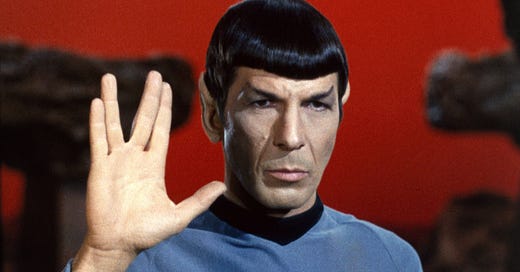Logic is a little tweeting bird, chirping in a meadow. Logic is a wreath of pretty flowers, that smell bad.
Formal logic is concerned with the form of an argument. One of the simplest argument forms is as follows:
Paul is taller than Peter.
John is taller than Paul.
Therefore John is taller than Peter.
We do this kind of deduction all of the time in our daily lives. It follows a standard logical form with which we are all familiar (even if we didn’t know that it is a “standard logical form”). The next deduction follows the same logical form:
Paul is better than Peter.
John is better than Paul.
Therefore John is better than Peter.
Here, we have simply replaced the relational operator ‘taller’ for a new one – ‘better’ – in every occurrence of the derivation. We can also replace the nouns in the derivation without changing the form, as long as we replace them consistently throughout. So, replacing Paul, Peter, and John, we get:
X is better than Y.
Z is better than X.
Therefore Z is better than Y.
This gives us the general form, which will be true for any X, Y, and Z. (Stick with me here!) So, if we do the substitution:
Nothing is better than eternal happiness.
A dollar is better than nothing.
Therefore a dollar is better than eternal happiness.
Something has gone wrong here. Of course, it has to do with the way the word “nothing” is being used (in two different ways). The point is that logic is only irrefutable when in a strictly symbolic form – once you start to substitute actual words into the formulae you immediately run the risk of making a mistake.
Logic never adds information – it only reshuffles it. Logic is an internally consistent system with no direct bearing on real life. Logic is not only tricky, it is, in fact, irrelevant in most situations. A logician named Schiller once wrote that:
“the central doctrine of the most prevalent logic still consists of a flat denial of relevance”
quoted in The Philosophy of Logics2, by Susan Haack
To be fair, obviously logic has its place in day to day life. It is an essential aspect of communication. Wittgenstein points out that logic is embedded in human language. If you want to communicate appropriately, you need to make logically coherent statements. However, many of the most important aspects of life cannot be directly communicated. You must give up the idea that logic will somehow answer the most important questions in life.
Compensated link to Amazon.
Compensated link to Amazon.




